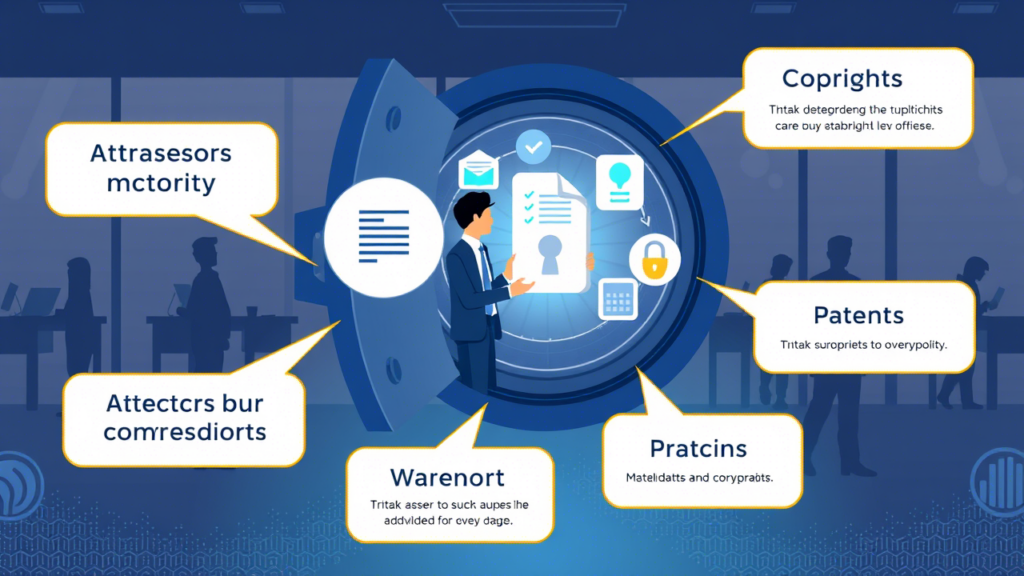1. Choose the Right Business Structure
The Pitfall:
Selecting an inappropriate business structure can expose you to unnecessary liability, tax complications, and operational restrictions.
How to Avoid It:
- Research Your Options: Compare structures like sole proprietorships, partnerships, Limited Liability Companies (LLCs), and corporations.
- Consult an Expert: Work with a business attorney or accountant to determine which structure best aligns with your goals and risk tolerance.
- Plan for Growth: Choose a structure that not only meets your current needs but can also accommodate future expansion.
2. Draft Clear Contracts and Agreements
The Pitfall:
Verbal agreements and poorly written contracts can lead to misunderstandings, disputes, and costly litigation.
How to Avoid It:
- Document Everything: Always use written contracts for dealings with suppliers, clients, employees, and partners.
- Include Key Clauses: Make sure contracts address payment terms, deliverables, dispute resolution, and termination conditions.
- Review Regularly: Have an attorney review your contracts periodically to ensure they’re up-to-date with current laws and your business needs.
3. Understand and Comply with Regulatory Requirements
The Pitfall:
Failing to obtain the necessary licenses, permits, or adhering to industry-specific regulations can result in fines or even forced closure.
How to Avoid It:
- Do Your Homework: Research the local, state, and federal regulations that affect your industry.
- Stay Organized: Keep track of all your licenses and permits, along with their renewal dates.
- Seek Professional Guidance: Consider consulting a legal professional or regulatory expert to ensure you remain compliant as your business grows.
4. Protect Your Intellectual Property
The Pitfall:
Neglecting to protect your ideas, brand, or innovations can leave you vulnerable to infringement or theft.
How to Avoid It:
- Register Your IP: Secure trademarks, copyrights, or patents for your unique products, services, or branding elements.
- Use NDAs: When sharing sensitive information with employees, partners, or vendors, use non-disclosure agreements to safeguard your ideas.
- Monitor the Market: Regularly check for potential infringement and be prepared to enforce your rights if necessary.
5. Separate Personal and Business Finances
The Pitfall:
Mixing personal and business funds can complicate your bookkeeping, expose you to personal liability, and create tax issues.
How to Avoid It:
- Set Up Separate Accounts: Open dedicated bank accounts and credit lines exclusively for your business.
- Maintain Accurate Records: Keep meticulous records of all business transactions to simplify tax preparation and financial analysis.
- Adopt Robust Accounting Practices: Utilize accounting software or professional services to ensure clear financial separation.
6. Document Everything and Keep Detailed Records
The Pitfall:
Poor record-keeping can leave you unprepared for legal disputes, audits, or unforeseen business challenges.
How to Avoid It:
- Implement a Record-Keeping System: Maintain organized files for contracts, invoices, correspondence, and financial statements.
- Store Records Securely: Use digital storage solutions with proper backups and security measures to protect sensitive information.
- Review Periodically: Regularly audit your records to ensure accuracy and compliance with legal requirements.
7. Consult with Legal Professionals Regularly
The Pitfall:
Attempting to handle all legal matters on your own can result in missed details and increased risk of non-compliance.
How to Avoid It:
- Build a Trusted Team: Establish relationships with attorneys, accountants, and business consultants who understand your industry.
- Schedule Regular Check-Ins: Periodically review your legal and financial status with professionals to catch potential issues early.
- Invest in Professional Advice: While it may seem costly upfront, expert guidance can prevent expensive legal problems later.



Leave a Reply